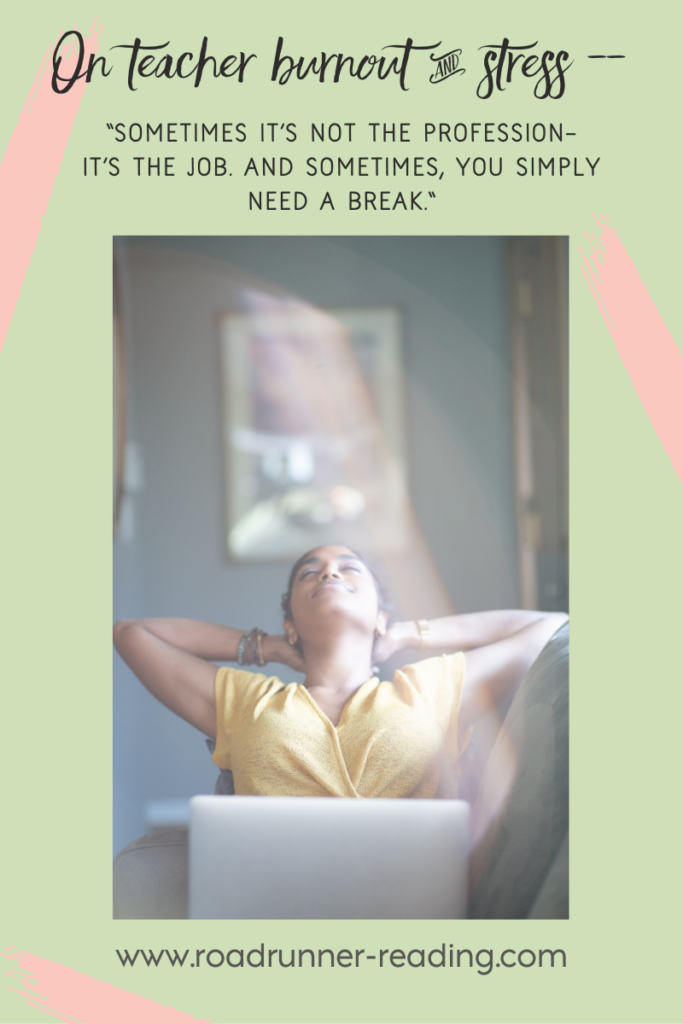I was nearly a statistic. About 50% of special education teachers leave the profession within five years due to teacher burnout. I managed to (barely) last the full five.
That fifth year was a turning point. It was the first year I taught in a large public school. I felt like I worked for a corporation with my principal as the intimidating CEO. Despite having a daily prep period, I spent almost every evening working. I didn’t relax with an evening glass of wine but with a full-blown cocktail nearly every evening. I was usually in bed by 7:30 on Fridays, totally wiped out by the week.

I felt unbalanced, exhausted, and uninspired. I knew my work was important but wasn’t my well-being also important? How much more of me could I sacrifice and stay physically healthy and mentally sane?
That year off, my then-boyfriend and I finished constructing a tiny house we had started building the school year before. I also started creating and selling resources on an online marketplace called Teachers Pay Teachers. As the months progressed, however, something inevitable also happened. My savings dried up.

Out of curiosity and a need to financially support myself, I started to research open teaching positions. One thing led to another, and I was offered a teaching position nearly on the spot for the following school year. I said, yes. I was quite surprised at myself. Hadn’t I sworn off teaching for good?
I was exhausted from the system that I was a part of that wasn’t contributing to my physical, mental, or spiritual well-being. Sometimes it’s not the profession–it’s the job. And sometimes, you simply need a break.

That year away from the classroom allowed me to reflect on my profession and my own goals and values. One significant value is that of freedom. As a teacher, it can feel like we don’t always have a lot of choice over our career — we think we need to stay because we have tenure, or the benefits are just too good to seek opportunity elsewhere. But unless you know you do have options, you will inevitably feel powerless.
It’s okay to change your mind. I swore I would never return to teaching. Luckily I did. Four years later, I work with a team that routinely parts ways saying, “love you!” I have students that draw me adorable, nearly unrecognizable farm animals. I am now led by an administration team that acknowledges my contribution to my school community. I’m grateful to operate from a place of joy on a pretty consistent basis.

So, fellow teacher, I challenge you to think about the ways you may be drawing a hard line in the sand, that quite frankly, may not be serving you. On the other side of that line may be the life that’s patiently waiting for you to say yes to — a life with greater freedom, opportunity, and joy.